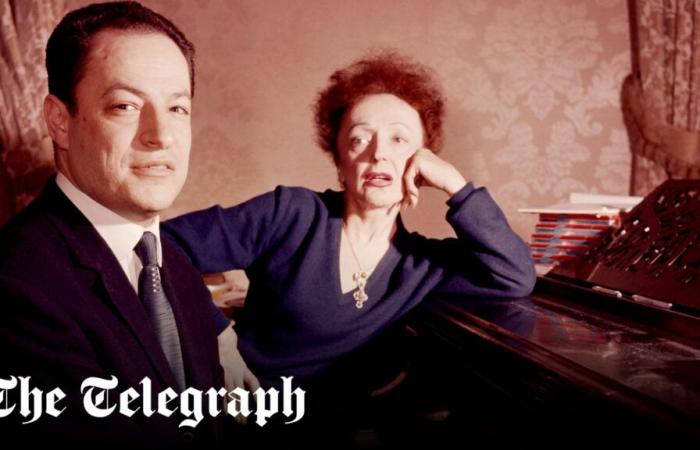Charles Dumont was born in Cahors, south-west France, on March 26 1929 and brought up in Toulouse. Although he recalled making up songs as a child, he was first drawn into jazz during the war years “when it was forbidden to play it, even to listen to it” and when he attended “clandestine and dangerous musical evenings” where enthusiasts would listen to Duke Ellington, Ella Fitzgerald, Fats Waller and Louis Armstrong. Shortly after the Liberation he founded an amateur jazz orchestra and moved to Paris, where he was forced to give up the trumpet after suffering a haemorrhage following a tonsilectomy.
Instead he learnt the piano and took up songwriting, often working under an alias, for such stars as Dalida, Gloria Lasso, Luis Mariano and Tino Rossi. Later, as well as working with Edith Piaf, he gave Barbra Streisand his Le Mur, which featured in both its French and English versions on the star’s eighth album, Je M’Appelle Barbra (1966), and wrote songs for others including Juliette Greco and Jacques Brel and for television shows. He also scored Jacques Tati’s film Trafic (1971) marking the swan song of Monsieur Hulot.
In 1967 he launched his own singing career, becoming popular in France as an exponent of classical French love songs, and releasing a series of albums.
Dumont’s marriage was dissolved and he is survived by his partner Florence and two sons from his marriage.
Charles Dumont, born March 26 1929, died November 18 2024
Belgium






